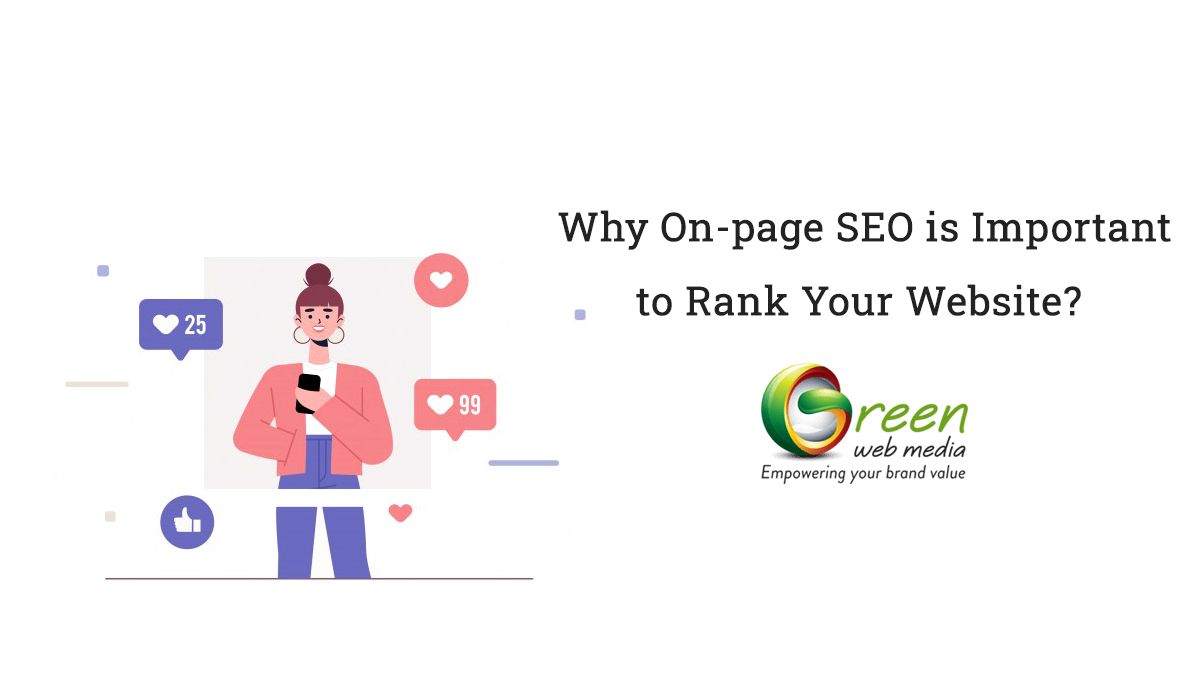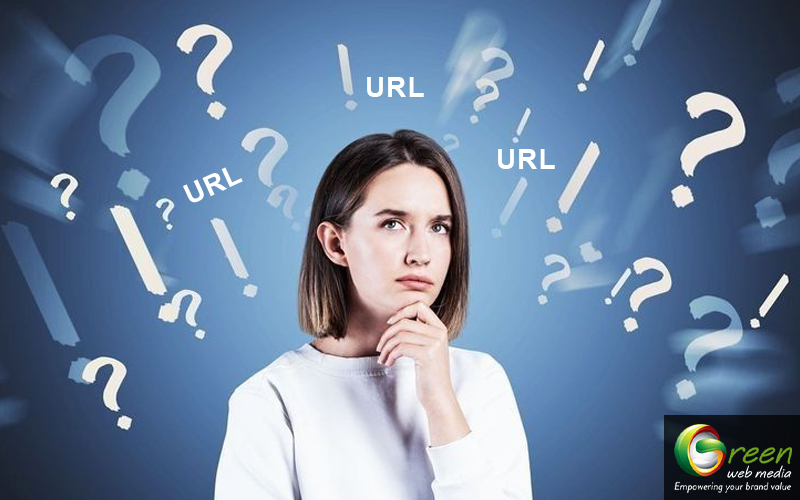Why On-page SEO is Important to Rank Your Website?

On- page SEO is the process of optimizing front –end and back end component of your website. This strategy allows your website to rank high in search engines. And, bring in more traffic. On-page SEO includes content elements, site designs, and HTML. Out of 500 digital marketing experts questioned, a significant 75% believe SEO will be more important in the future.
Introducing on-page SEO
When you add a page to a website or a blog post, some SEO factors come in play. Google’s algorithm ranks your website on three main factors:
1 – Off-page SEO

Off-page optimization deals with the upgrading of signals which are outside your website. A good example is Backlinks.
2 – Technical SEO

Technical SEO is all SEO not included in on-page and off-page practices. Examples are structured data, site speed, and mobile readiness. These are technical parts of SEO.
3 – On-page SEO
In this detailed article, the focus is on on-page optimization.
On-page SEO is a search engine optimization technique. It helps search engine bots understand what your page is all about. You tweak the Meta title and the description. You optimize Heading tags and internal links. All these improvements increase the chance of a higher rank in search engines.

On-site SEO is the upgrading of the entire website. It includes things like Sitemap and setting permalink structures. This technique improves content for a target keyword. It is within a single blog post or article. It includes using proper headings and keyword placements. Such tactics ensure content quality.
Why is on-page SEO important?

On-page SEO is crucial. It tells Google all about your website – how you provide value to visitors and users. It helps your site be optimized for human eyes and search engine bots.
Creating and publishing website is not enough. You must optimize it for Google and other search engines. It helps to rank and pull in the traffic.
On-page SEO is because the improvements you make to upgrade your website is visible. Visitors to your site can see it on your page. (Off –page and technical SEO are not visible)
So, your on-page SEO is up to you. It would help if you did it the correct way. Let’s elaborate on the elements of on-page SEO.
What Are the Key On-Page SEO elements?

Here is a list of SEO elements vital to attracting new and more traffic
1 – URL Optimization
2 – Internal links
3 – External links
4 – Mobile-friendly features
5 – Publish high-quality content
6 – Optimize page titles and Meta descriptions
1 – URL optimization
Improving your URLs is essential for maximum SEO. It has two parts-
a.URL optimization.

URL optimization is thought a part of Technical SEO. But it is strongly related to on-page SEO. God URLs should be less than 255 characters. It should use hyphens (-) to separate the parts. It has to be descriptive and include the target keyword. An SEO-friendly URL is short- just like a catchy title.
Example of good URL is = https://greenwebmedia.com/how-to-increase-website-traffic/
Example of bad URL is = https://greenwebmedia.com/b?143
b.URL structure

The URL structure should follow the design of a website. Make use of categories. Group your pages into categories. It helps users and search engines find what they want, within seconds.
A good example is Homepage ˃ Social Media ˃ LinkedIn ˃ Blog
A bad example is Homepage ˃ Social Media ˃ LinkedIn ˃ How to ˃ Blog
2 – Internal Links

Links are important. It’s like building your web. A search engine spider follows links on each page (internal and external). When they arrive at your page, they read and go- a page without links. If links point to other pages in your site, they are accounted as well.
It informs search engines about your other pages. It tells search engines about your relevant pages. Links reduce bounce rates and increase the time spent.
3 – External links

Provide links to other high-quality related websites. This way, you increase the trustworthiness of your content. It is good for SEO.
Besides, Google can use external links. It helps to understand about topics you are covering in your content.
4- Mobile friendly features

Almost 52.2 percent of all website traffic is from mobile phones. Nearly 60 percent of all Google searches is coming from the smartphones. It means if your website is not mobile-friendly, you are losing traffic.
Ensure that you website is mobile-friendly. Check your website with Google mobile friendly tool. Find any issues, fix it.
You can test your website on a mobile. Behave like a real user does. You will know about the display- including your Call to Action buttons. Usually, websites have a responsive design.
5- Publish High – quality content

For SEO, bear in mind the following:
A website with excellent content can do great- SEO or no SEO. Bad content will not go places- with or without SEO.
How do you define good content? The following elements determine good content.
- Original content – videos, images, infographics
- Exclusive content – publishing the same material for different websites
- Useful content – one that adds value
- Well- researched content – users and search engine prefer well-prepared posts and articles
- In-depth articles – rank better than short articles
- Impartial content – when writing or answering questions, ensure you cover two sides of a story.
6 – Optimize page titles and Meta descriptions

6a – Page title
It is important for on-page SEO. Search engines read your pages -they check the page title and the description. This step is necessary to understand what the page is all about. On the basis of other factors, your website may get a position in their index.
Each page must have a unique title. It helps both- users and search engines to grasp the content. The page title is an important SEO factor. 36 percent of SEOs think the title tag is the most important SEO element.
Some page title optimisation tips include:
- Short and descriptive titles- keep it below 60 characters
- Add keywords to the beginning of your page title
- Include power words- unusual, ultimate, checklist etc.
- No domain in the title- Google does it for you.
6b – Meta descriptions
The page description is what the user finds in the SERPs. It describes what the page is about. So, if the reader likes what she sees on the SERP, she will be likely to click on the link. This will boost the click-through rate (CTR) and improve SEO. It should be 150-160 characters (25 to 28 words). It is an opportunity to advertise.
Some Meta description optimisation tips include:
- Addition of target keywords in the description
- No auto-generated descriptions
- It should inform readers on Google search results what the page is about. This way they are compelled to visit the site by clicking on the link in Google SERP
7 – Other on-page SEO best practices

7a. What not to do
- Don’t force keywords
- Don’t put more than one H1 tag
- Don’t repeat the same H2 and H3 tags
7b. What you can do
- Use long-tail keywords
- Use keywords in the title
- Content length based on research
- Add clear CTA buttons
For the final thought
Don’t quit before starting. Realise your SEO plans. Implement the changes. SEO is not just done-and-good; it is about breathing life into your marketing campaigns with smart tactics. Adopting these key on-page SEO practices can improve your brand’s ranking on SERP and boost site traffic.






